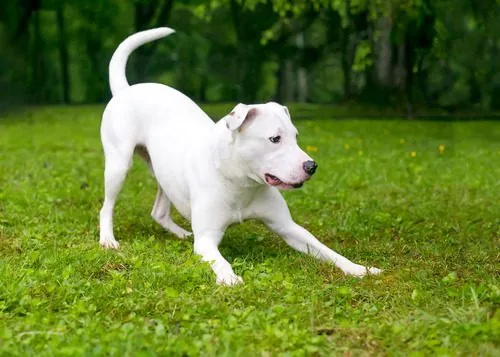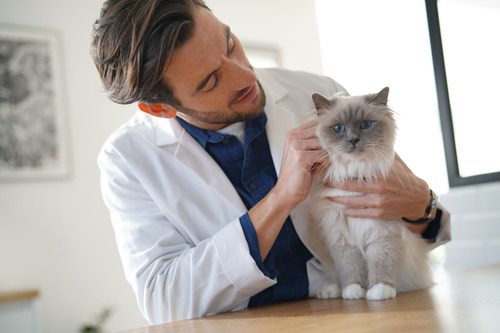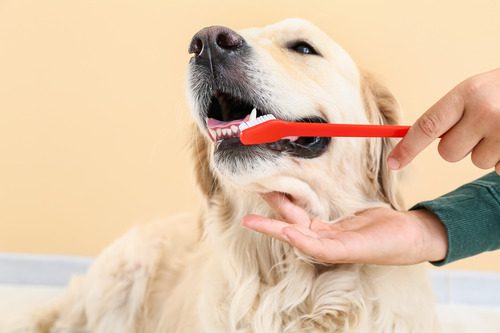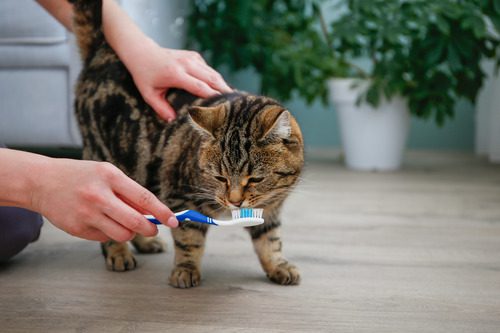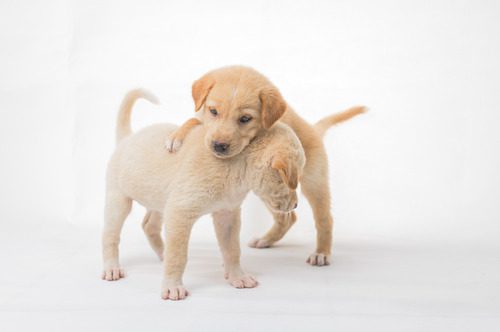Why Are Dogs Scared of Loud Noises?
Loud noises can be a significant source of stress and anxiety for many dogs. From thunderstorms to fireworks, these unexpected sounds can trigger intense fear in our canine companions. Understanding why dogs are scared of loud noises can help pet owners better manage and alleviate their pets’ anxiety. This blog explores the reasons behind this common phobia and offers insights into how you can help your dog feel more comfortable during noisy events.
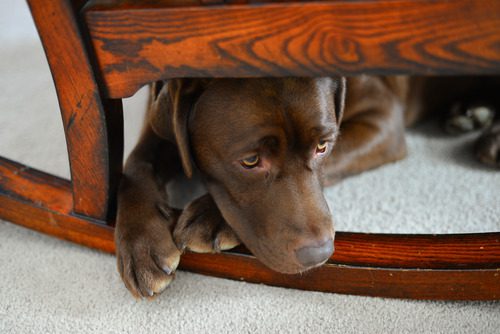
The Science Behind Noise Phobia in Dogs
Dogs have incredibly sensitive hearing, which allows them to detect sounds that are imperceptible to humans. This heightened sense of hearing means that loud noises can be particularly startling and distressing for them. Noise phobia, or the extreme fear of certain sounds, is a common issue that affects many dogs.
Sensory Sensitivity
Dogs’ acute hearing capabilities are designed to help them survive in the wild. This sensitivity means they can pick up on the faintest of sounds, which can be advantageous for detecting predators or prey. However, in a domestic setting, this same sensitivity can make loud noises overwhelming and frightening. Fireworks, thunderstorms, and even household noises like vacuum cleaners can trigger a fear response.
Genetic Predisposition
Certain breeds are more prone to noise phobia due to their genetic makeup. Herding breeds, such as Border Collies and Australian Shepherds, are particularly susceptible to loud noises. This predisposition may be linked to their heightened sensitivity and alertness, traits that are beneficial for herding but can also make them more reactive to sounds.
Traumatic Experiences
Past experiences can significantly influence a dog’s reaction to loud noises. If a dog has had a traumatic encounter with a loud sound, they may develop a lasting fear. For example, a dog that was caught outside during a severe thunderstorm might associate the sound of thunder with that frightening experience, leading to a phobia.
Common Triggers of Noise Phobia in Dogs
Understanding the common triggers of noise phobia can help pet owners anticipate and manage their dogs’ reactions. By identifying these triggers, you can take proactive steps to reduce your dog’s anxiety.
Fireworks and Thunderstorms
Fireworks and thunderstorms are two of the most common triggers for dogs scared of loud noises. The sudden, unpredictable nature of these sounds, combined with the flashing lights of fireworks or the atmospheric changes during a storm, can create a highly stressful environment for dogs.
Household Noises
Household appliances such as vacuum cleaners, hairdryers, and even blenders can cause anxiety in noise-sensitive dogs. These sounds are not only loud but also often involve a level of vibration that can be unsettling for dogs.
Construction and Traffic Sounds
Living in an urban environment exposes dogs to a variety of loud noises, from construction work to heavy traffic. These constant, often unpredictable sounds can contribute to a dog’s overall anxiety levels.
Behavioral Signs of Noise Phobia in Dogs
Recognizing the signs of noise phobia is crucial for providing your dog with the support they need. Dogs exhibit a range of behaviors when they are scared of loud noises, and being aware of these can help you respond appropriately.
- Physical Symptoms: Dogs scared of loud noises often display physical symptoms such as trembling, panting, and excessive drooling. They may also try to hide or seek out a safe space, such as under furniture or in a closet.
- Behavioral Changes: In addition to physical symptoms, dogs may exhibit changes in behavior. These can include barking excessively, pacing, or attempting to escape. Some dogs might become clingy and seek constant reassurance from their owners.
- Destructive Behaviors: In severe cases, noise phobia can lead to destructive behaviors. Dogs might chew on furniture, scratch at doors, or dig in an attempt to escape the perceived threat. These behaviors are a sign of extreme distress and should be addressed promptly.
How to Help Your Dog Cope with Loud Noises
While it’s not always possible to eliminate the sources of loud noises, there are several strategies you can use to help your dog cope. These methods can make a significant difference in your dog’s comfort and well-being during noisy events.
Creating a Safe Space
Providing a safe, quiet space for your dog can help them feel more secure during loud events. This space should be away from windows and external noises, and equipped with their favorite toys and bedding. You might also consider using white noise machines or calming music to mask the outside sounds.
Using Calming Aids
There are various products available that can help calm dogs during noisy events. These include calming sprays, anxiety wraps, and supplements designed to reduce stress. It’s important to consult with your veterinarian before using any new products to ensure they are safe and appropriate for your dog.
Behavioral Training
Behavioral training techniques, such as desensitization and counter-conditioning, can be effective in reducing noise phobia. Desensitization involves gradually exposing your dog to the noise at a low level and rewarding them for calm behavior. Counter-conditioning focuses on changing your dog’s association with the noise by pairing it with something positive, like treats or playtime.
When to Seek Professional Help
In some cases, noise phobia can be severe and difficult to manage on your own. If your dog’s fear of loud noises is significantly impacting their quality of life, it may be time to seek professional help.
Consulting a Veterinarian
Your veterinarian can provide valuable guidance on managing noise phobia. They may recommend medications to help reduce your dog’s anxiety or refer you to a veterinary behaviorist for specialized treatment.
Working with a Behaviorist
A professional behaviorist can develop a customized training plan to address your dog’s specific needs. They will work with you to implement techniques such as desensitization and counter-conditioning, and provide ongoing support and adjustments as needed.
Seeking Help for Your Dog’s Noise Phobia
Understanding why dogs are scared of loud noises and knowing how to help them cope can make a significant difference in their well-being. If your dog is struggling with noise phobia, reach out to Providence Veterinary Hospital and Clinic at (510) 521-6608 or (510) 521-5775 for expert advice and support. Your pet’s comfort and happiness are our focus, and we are here to help you every step of the way.
Recent Posts
What Does Your Dog’s Tail Wag Really Mean?
What Does Your Dog’s Tail Wag Really Mean? Dogs use their tails for much more than just…
Feline Leukemia: Prevention and Detection
Feline Leukemia: Prevention and Detection Cat Feline Leukemia is a serious viral disease that affects felines worldwide….
A Team Effort: How Home Care and Professional Cleanings Keep Your Dog’s Teeth Healthy
A Team Effort: How Home Care and Professional Cleanings Keep Your Dog’s Teeth Healthy Dental health is…
The Perfect Pair: Home Care and Professional Cleanings for Your Cat’s Teeth
The Perfect Pair: Home Care and Professional Cleanings for Your Cat’s Teeth Caring for your cat’s teeth…
What is Bordetella and Why Should You Care?
What is Bordetella and Why Should You Care? Bordetella is a term many pet owners hear when…
Providence Veterinary Hospital & Clinic serve Alameda, CA as well as Oakland, San Leandro, and the surrounding areas with superb veterinary medicine and gentle, compassionate care. We’ve been a part of this community since 1947 when a veterinarian started seeing pets in his home after the end of World War II. He built an animal hospital right under his house, and that’s where we remain to this day (with modern remodeling in 2016, to outfit the hospital with the latest medical technology and equipment, of course!).

